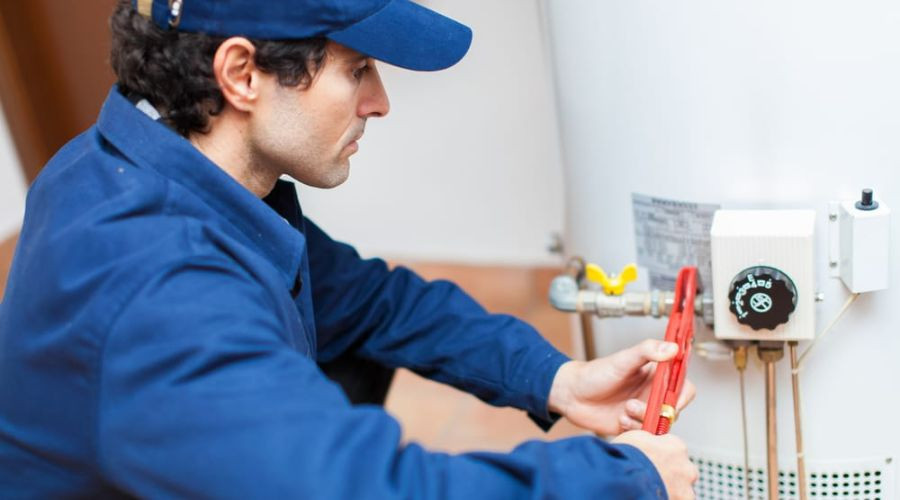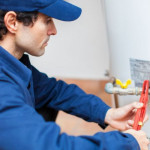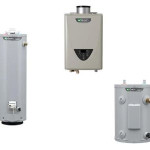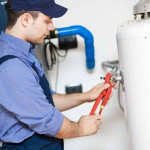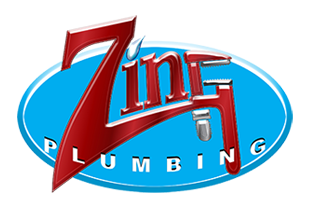Know the Basics of Hot Water Heaters
Per the Environmental Protection Agency (EPA), water heaters consume a fair amount of the home’s energy. This makes it crucial for homeowners to have a basic understanding of what they are and how they work. Doing so could save them money on utility bills while also extending their water heater’s lifespan.
Here, homeowners can test their knowledge about water heaters and learn a few fun facts too!
What Are the Different Types of Water Heaters?

- Tankless, storage, and condensing
- Sheet metal, fiberglass, and flexible
- Mini-split, central, and ductless
The answer? A, of course. There are three main types of water heaters, each with pros and cons. Tankless (or on-demand) water heaters are the most efficient. Instead of relying on a storage tank, these appliances heat water as needed. This saves both water and energy.
Storage tank water heaters store water in a tank, usually about 20 to 100 gallons, depending on its size. While these are the most common water heaters, they’re not the most efficient and generally last about 10 to 15 years. Both tankless and storage tank water heaters can be fueled by either gas or electricity.
Finally, condensing water heaters are like the best of both worlds. They offer the same energy efficiency as tankless water heaters but can also hold more hot water, like storage water heaters. Whether an electric or gas water heater works best for one’s home depends on the situation, including how many people live in the house. Professionals can help homeowners determine the best water heater for them.
How Can Homeowners Maintain Their Water Heaters?

- Schedule annual visits with a water heater maintenance professional
- Flushing the water heater to remove sediment buildup
- Promptly addressing any leaks or puddles
Great news! All of these are the right answers. There are many things homeowners can do to prolong their water heaters’ lifespan. By scheduling annual maintenance checks, a professional can look for any issues, such as loose valves or a malfunctioning anode rod.
They will also drain and flush the water heater to remove sediment buildup that may affect the water heater’s operations. They can also check for any rusted or corroded parts that could lead to leaks and, by extension, wasted water and money.
What Are the Signs of Water Heater Malfunction?
- The shower’s water pressure is poor.
- The water does not consistently get or remain hot.
- The kitchen sink’s drains take too long to, well, drain.
The answer? B. Here’s the thing: if the shower’s water pressure is poor, this isn’t necessarily a problem with the water heater. It usually means there is a leak or clog somewhere in the plumbing system. Causes can include root intrusion, rusted pipes, and problems with the water main. If the kitchen sink takes too long to drain, this is not a water heater-specific issue. Like with poor water pressure, causes likely include clogs or leaks in the home’s pipeline.
B is the best answer. If the water does not consistently get or remain hot, there’s likely a problem with the heating element of the water heater. This can happen with both gas and electric water heaters – tankless or otherwise. Additional signs that a water heater may need repair are discolored water, leaks from the water heater, and if it is making loud noises.
About Zing Plumbing
Zing Plumbing provides the residents of Tucson, AZ, and the surrounding areas with modern solutions to all their plumbing problems. They offer flat rate pricing, emergency service, and prompt arrival. Call them today for water heater services in Tucson, AZ.
